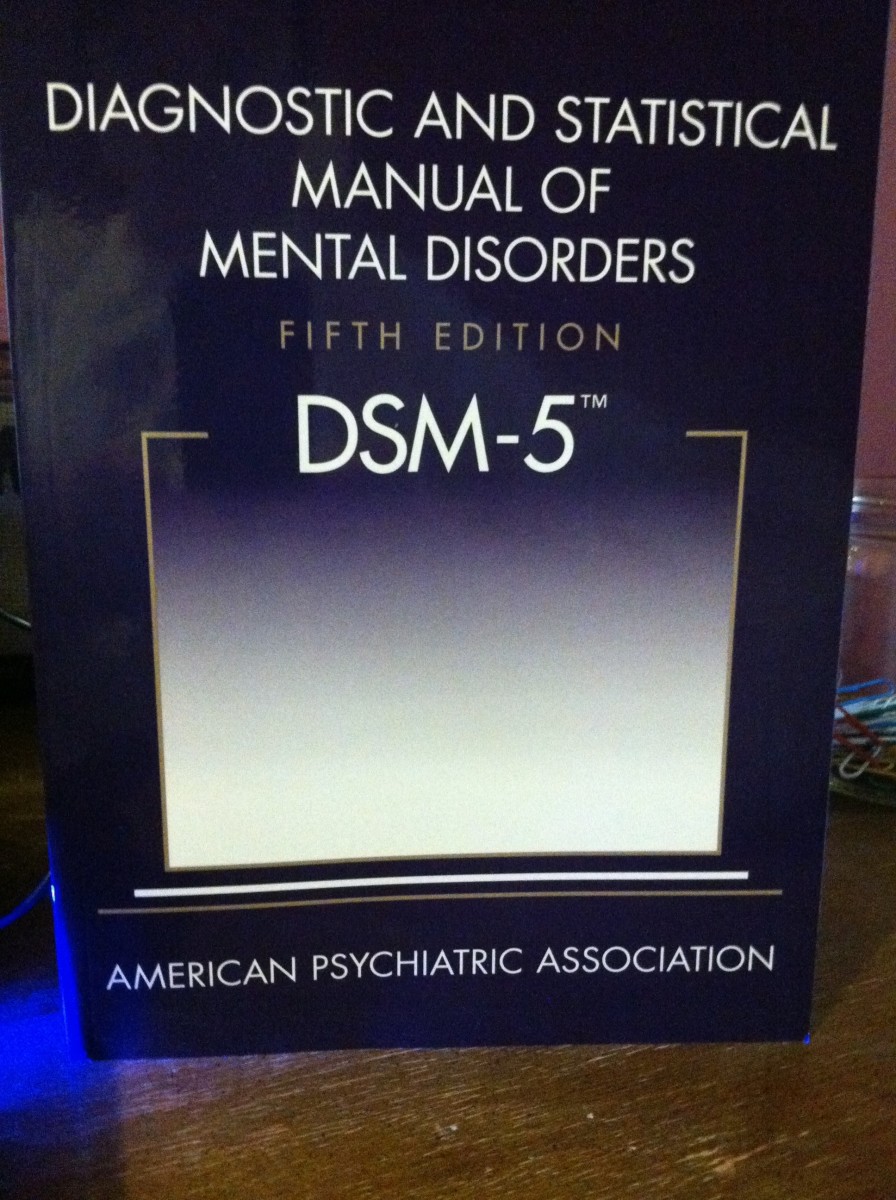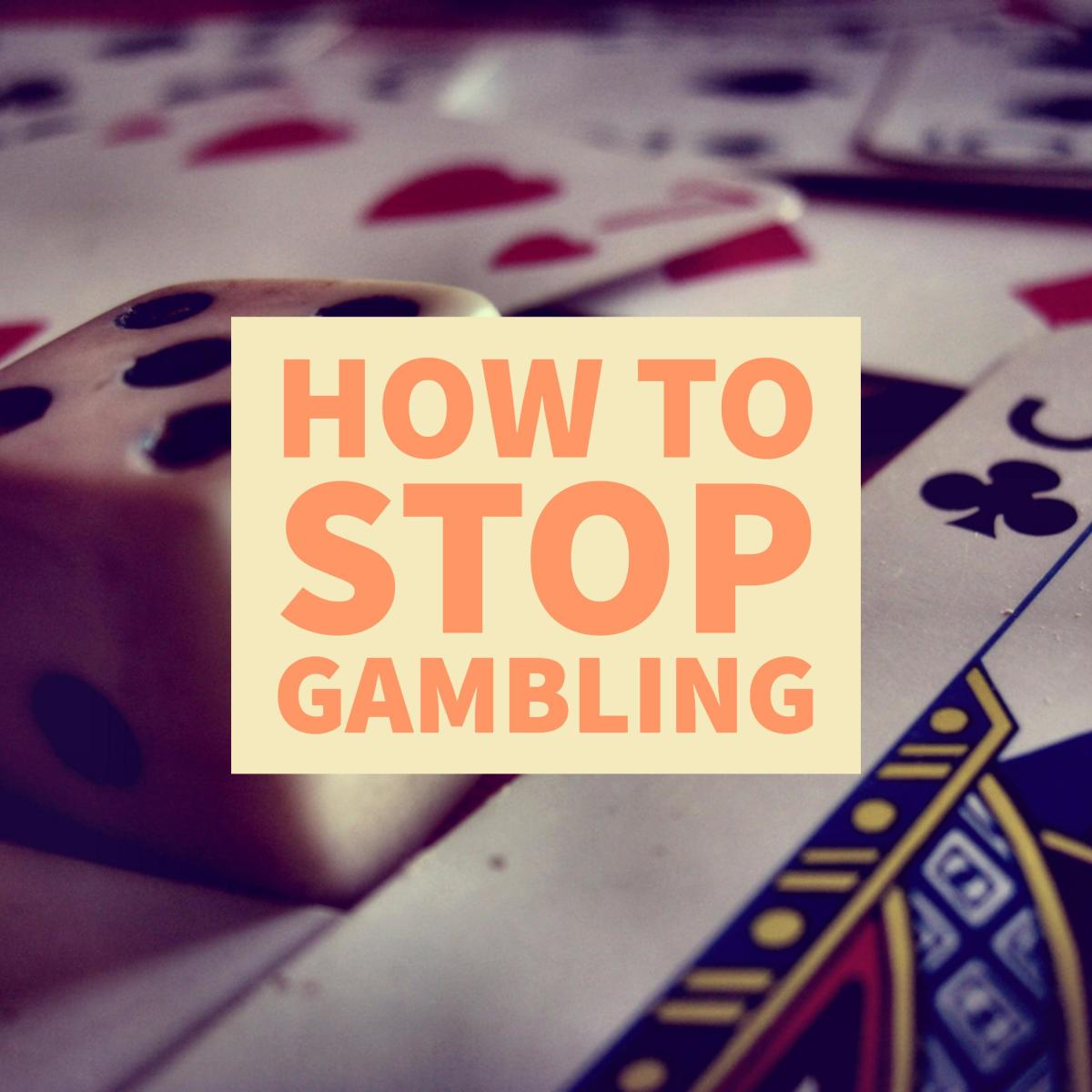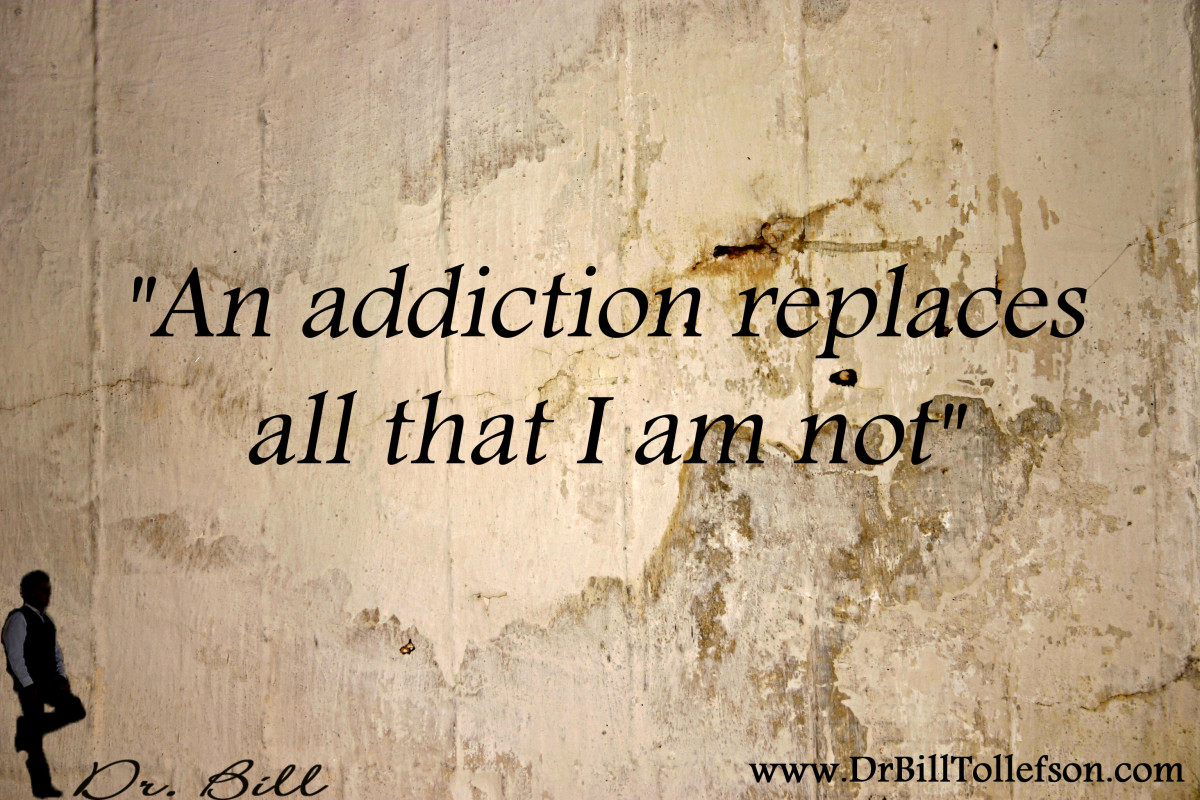- HubPages»
- Health»
- Mental Health»
- Addiction
Sex Addiction: C'mon, Seriously?
Author's own photo. Copyrighted. ©2020JaneMcRae

Is Sex Addiction Only A Concept?
Sex addiction is not currently listed in the Diagnostic Statistical Manual of Mental Health Disorders (DSM-V) as a stand-alone disorder. However, contemporary psychologists, researchers, therapists, including the National Institute of Health researchers, (NIH), have long named hypersexual behavior as a severe mental health issue.
Definition
A generalized definition of obsessive compulsive sex-seeking is when an individual demonstrates a pattern of pursuing or accepting sexual gratification, at all cost. Consequences are ignored. The aftermath of these sexual compulsions may bring fallout centering on such items as: rape, repeated unwanted pregnancy, divorce, partner-infidelity, assaults, battery, job loss, mental-health un-wellness, poverty, human / child trafficking, domestic violence, drug & alcohol abuse, child sexual oppression, sexually transmitted infections (STI), web-based sex, cyber sex, pornography, serial-sexual relationships, & multiple-partner factors.
Happy With Hypersexuality?
Assumptions that there even is such a thing as 'sex addiction' may lend to dubious curiosity, with naysayers bidding, 'pffffffft!' Interestingly, past and current research supports that maladaptive sex-seeking is not always recognized by individuals engaged in such behavior. Additionally, pathological hypersexuality has been named by researchers as likely co-occurring inside other prominent disorders. The challenge therefore of clinical assessment is to do so within the context of normality vs. significant pathological impaired judgement. For example, many research studies have linked drug and alcohol abuse with impaired sexual behavioral functioning.
Humanity
The human sexual act is considered an action which mandates consent by all parties. Many everyday things require gaining consent.This can be life-enhancing, interpersonal functioning. However, with hypersexual compulsory tendencies, even with consent there is clinical significance in the engagement of repeated sexual encounters that have a high probability of negatively altering one's life.
Roots
Mental health issues typically occur alongside other disorders. This is called 'co-occurring.' Therefore, the American Psychological Association recognizes that expressions of obsessive compulsive sexual behavior indeed may be rooted in another disorder(s). As a result, symptoms of healthy sexual functioning, versus sexual compulsivity, have been fairly well defined in psychological diagnostic tests, literary journals, and mental health treatment handbooks.
The Key
Patterns of irrational decisions to either initiate or accept uncomfortable, perhaps even dangerous sexual encounters, with low regard to physical or emotional safety, is by any psychological standard cause to seek mental health care. Has one’s personal sexual appetite brought intense difficulties? Are there a string of unsatisfying, risky relationships that have had serious consequences to the initiator, or the recipients of the sex? Concepts in good mental health practices generally regard extreme sexual behavior as concerning and lacking sound judgement, often paralleled with psychopathology.
Personal Character Traits
Extreme levels of any mental health problem may not be enough (by itself) to cause a full-blown diagnosis of any disorder. However, it is possible that another disorder is expressing itself, through sexual deviancy. There are a number of mental disorder clusters that contain symptoms of hypersexuality.
Demographics
In the U.S., estimates of people with un-treated and treated obsessive sexual compulsions is about 25%. Some estimates are higher, depending on the literature. However, predictably, it is very difficult to get exact demographics, due to tendencies towards secrecy surrounding sexual behavioral problems.
Where to Get Evaluated
Seeking clinical treatment for compulsive sexual behavior requires an evaluation by a psychologist or trained behaviorist. There are also private inpatient and out-patient treatment centers. Additionally, a free 12-step program is available called ‘Sex and Love Addicts Anonymous,’ (SLAA). It is a self-help group-based program of recovery for those that identify with the patterns and characteristics of sexual addiction. This program contains self-evaluation literature of all types, and likely requires a healthy dose of self-honesty. With a 12-step program, if an individual decides they are a sex addict, life then becomes a work in progress in an effort to stop the cycle of compulsive sexual behavior. ~
Helpful LInks:
Carnes, Patrick. (1991). Don't call it love. Baker Publishing Group. Print.
Carnes, P. (1983). Out of the shadows: Understanding sexual addiction. Minneapolis, Minn: CompCare Publications.
Fong TW. (2006). Understanding and managing compulsive sexual behaviors. Psychiatry (Edgmont). 3(11):51–58. www.ncbi.nlm.nih.gov.
Sex And Love Addicts Anonymous. (2020). Slaa.fws.org
This content is for informational purposes only and does not substitute for formal and individualized diagnosis, prognosis, treatment, prescription, and/or dietary advice from a licensed medical professional. Do not stop or alter your current course of treatment. If pregnant or nursing, consult with a qualified provider on an individual basis. Seek immediate help if you are experiencing a medical emergency.
© 2020 J McRae BA MA Psy








